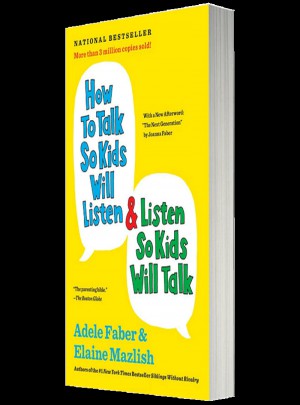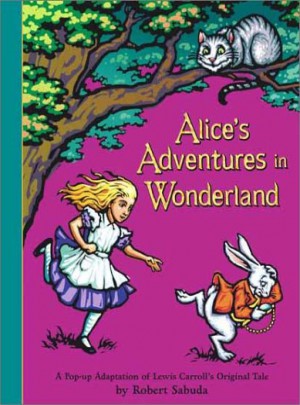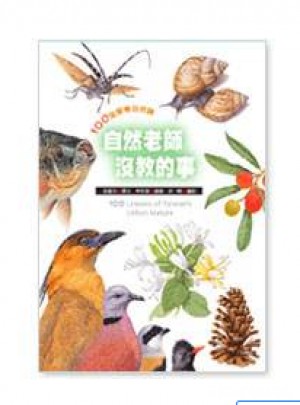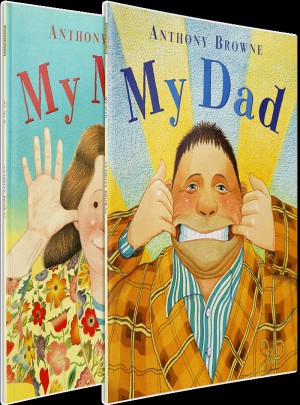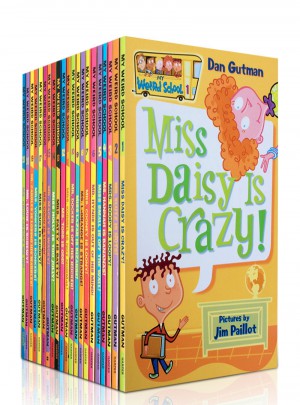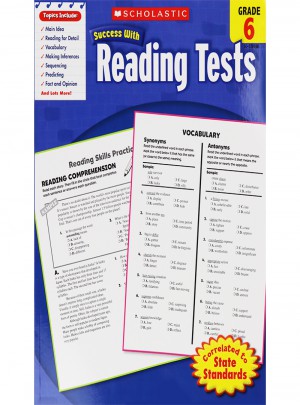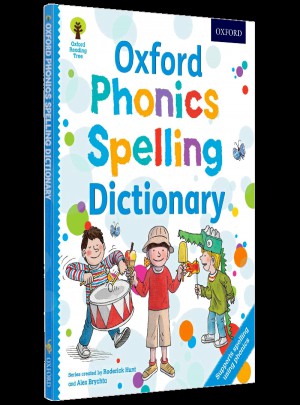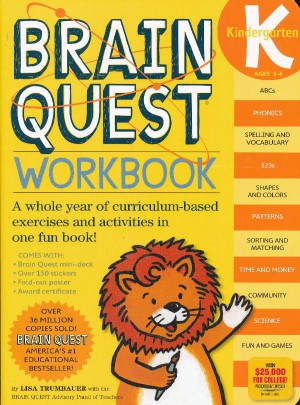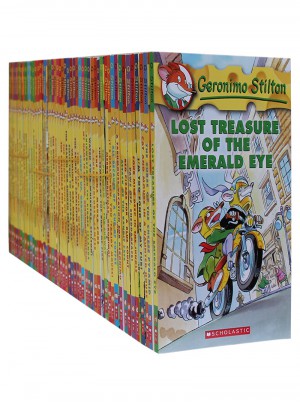How to Talk So Kids Will Listen & Listen So Kids Will Talk《如何說孩子才會聽怎么聽孩子才肯說》是一本暢銷三十多年的家教圖書,由全球暢銷家教書系作者、美國杰出的教育專家阿黛爾 法伯與伊萊恩 瑪茲麗施專為青春期孩子家長所著。自出版以來就受到了來自世界各地父母和專家熱情洋溢的贊美,已被譯為30多種文字風靡全球,銷量數百萬,全球已有20多萬個親子團隊使用此書作為家長培訓教材,堪稱“父母和孩子的溝通圣經”。
本書選取親子關系中常見的場景,告訴父母“尊重感受、尋求合作、代替懲罰、如何贊賞、應對憤怒”的珍貴方法和技巧,使父母在短時間內得心應手,學會溝通,把和孩子的矛盾化解于無形之中。書中又匯集了父母們常問到的問題和作者給出的答案,既是應用實例,也是父母隨時應用的參考書。本版本為英文版30周年紀念版,已重新修訂并增加作者女兒喬安娜•法伯講述本書理念和方法對自己成長的巨大幫助的新內容,非常適合各位爸爸媽媽或家庭教育講師閱讀使用。
推薦理由:
1. 一本融合愛與溝通技巧的神奇之書,一本讓孩子健康成長的父母必讀之書;
2. 眾多國內外家長、育兒專家、教育媒體力薦的“育兒寶典”,家庭教育必讀書目;
3. 內容豐富,圖文并茂,寫作條理清晰,有較多的案例分析及練習題,實用性強;
4. 本版本為30周年紀念版,內容已全新修訂,含作者分享的新觀點及建議;
5. 英文原版,內容原汁原味,詞匯用語較為簡單,讀起來并不艱澀難懂。
The ultimate “parenting bible” (The Boston Globe) with a new foreword—and available as an ebook for the first time—a timeless, beloved book on how to effectively communicate with your child from the #1 New York Times bestselling authors.
Internationally acclaimed experts on communication between parents and children, Adele Faber and Elaine Mazlish “are doing for parenting today what Dr. Spock did for our generation” (Parent Magazine). Now, this bestselling classic includes fresh insights and suggestions as well as the author’s time-tested methods to solve common problems and build foundations for lasting relationships, including innovative ways to: Cope with your child’s negative feelings, such as frustration, anger, and disappointment. Express your strong feelings without being hurtfu. Engage your child’s willing cooperation. Set firm limits and maintain goodwill. Use alternatives to punishment that promote self-discipline. Understand the difference between helpful and unhelpful praise. Resolve family conflicts peacefully.
Enthusiastically praised by parents and professionals around the world, the down-to-earth, respectful approach of Faber and Mazlish makes relationships with children of all ages less stressful and more rewarding.
Review
“Will bring about more cooperation from children than all the yelling and pleading in the world.” — Christian Science Monitor
“An excellent book that’s applicable to any relationship.” — Washington Post
“Practical, sensible, lucid… the approaches Faber and Mazlish lay out are so logical you wonder why you read them with such a burst of discovery.” — Family Journal
“An exceptional work, not simply just another ‘how to’ book… All parents can use these methods to improve the everyday quality of t heir relationships with their children.” — Fort Worth Star Telegram
